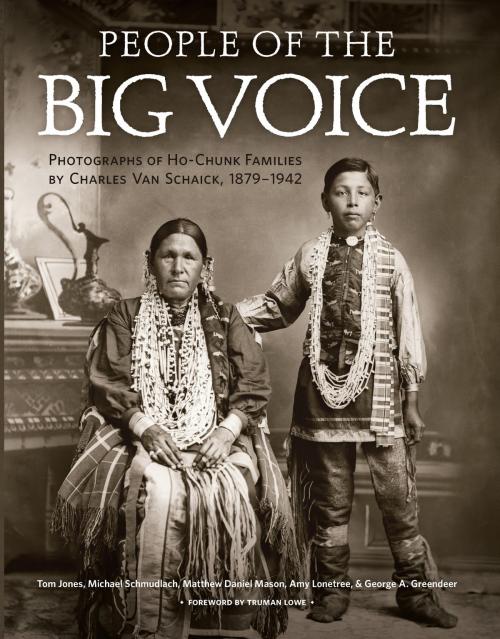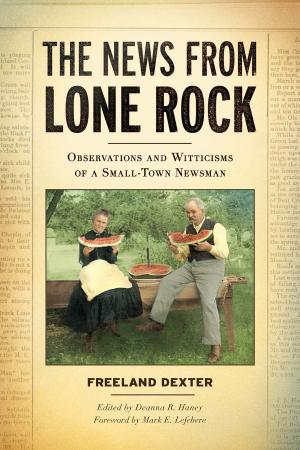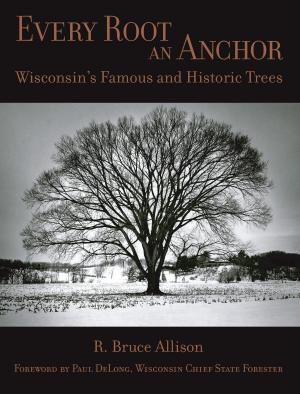People of the Big Voice
Photographs of Ho-Chunk Families by Charles Van Schaick, 1879-1942
Nonfiction, Art & Architecture, Photography, Pictorials, Portraits, Travel| Author: | Tom Jones, Michael Schmudlach, Matthew Daniel Mason, Amy Lonetree, George A. Greendeer | ISBN: | 9780870206597 |
| Publisher: | Wisconsin Historical Society Press | Publication: | September 19, 2014 |
| Imprint: | Wisconsin Historical Society Press | Language: | English |
| Author: | Tom Jones, Michael Schmudlach, Matthew Daniel Mason, Amy Lonetree, George A. Greendeer |
| ISBN: | 9780870206597 |
| Publisher: | Wisconsin Historical Society Press |
| Publication: | September 19, 2014 |
| Imprint: | Wisconsin Historical Society Press |
| Language: | English |
People of the Big Voice tells the visual history of Ho-Chunk families at the turn of the twentieth century and beyond as depicted through the lens of Black River Falls, Wisconsin studio photographer, Charles Van Schaick. The family relationships between those who “sat for the photographer” are clearly visible in these images—sisters, friends, families, young couples—who appear and reappear to fill in a chronicle spanning from 1879 to 1942. Also included are candid shots of Ho-Chunk on the streets of Black River Falls, outside family dwellings, and at powwows. As author and Ho-Chunk tribal member Amy Lonetree writes, “A significant number of the images were taken just a few short years after the darkest, most devastating period for the Ho-Chunk. Invasion, diseases, warfare, forced assimilation, loss of land, and repeated forced removals from our beloved homelands left the Ho-Chunk people in a fight for their culture and their lives.”
The book includes three introductory essays (a biographical essay by Matthew Daniel Mason, a critical essay by Amy Lonetree, and a reflection by Tom Jones) and 300-plus duotone photographs and captions in gallery style. Unique to the project are the identifications in the captions, which were researched over many years with the help of tribal members and genealogists, and include both English and Ho-Chunk names.
People of the Big Voice tells the visual history of Ho-Chunk families at the turn of the twentieth century and beyond as depicted through the lens of Black River Falls, Wisconsin studio photographer, Charles Van Schaick. The family relationships between those who “sat for the photographer” are clearly visible in these images—sisters, friends, families, young couples—who appear and reappear to fill in a chronicle spanning from 1879 to 1942. Also included are candid shots of Ho-Chunk on the streets of Black River Falls, outside family dwellings, and at powwows. As author and Ho-Chunk tribal member Amy Lonetree writes, “A significant number of the images were taken just a few short years after the darkest, most devastating period for the Ho-Chunk. Invasion, diseases, warfare, forced assimilation, loss of land, and repeated forced removals from our beloved homelands left the Ho-Chunk people in a fight for their culture and their lives.”
The book includes three introductory essays (a biographical essay by Matthew Daniel Mason, a critical essay by Amy Lonetree, and a reflection by Tom Jones) and 300-plus duotone photographs and captions in gallery style. Unique to the project are the identifications in the captions, which were researched over many years with the help of tribal members and genealogists, and include both English and Ho-Chunk names.















